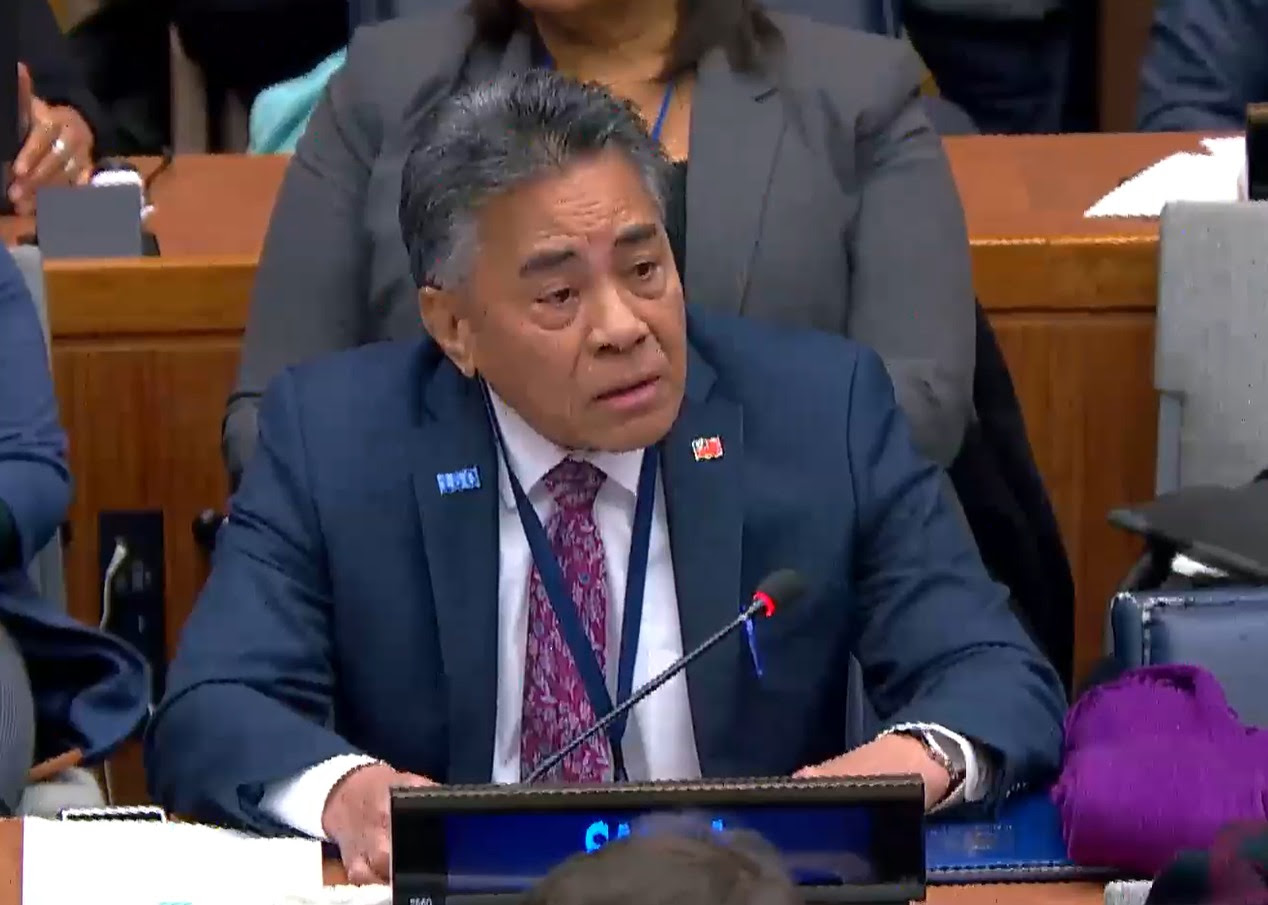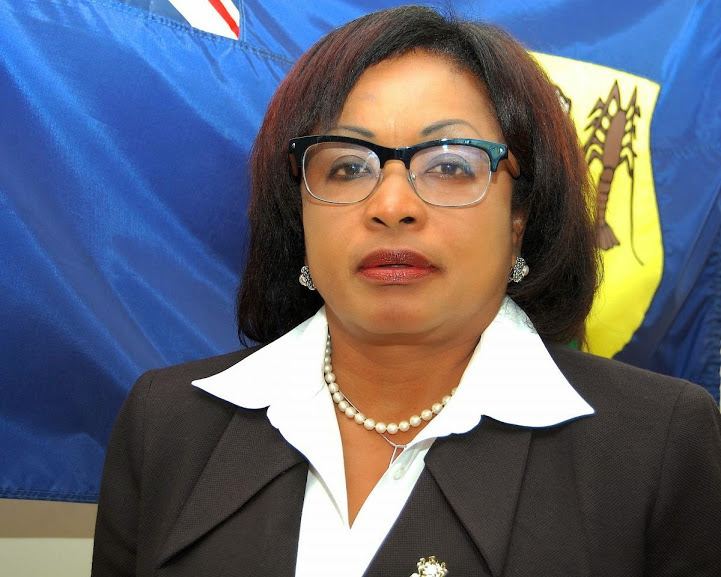This news article is a production distributed through Caribbean News Service. It is made freely available to your media and we encourage publishing and redistribution, giving credit to Caribbean News Service (CNS).
By Dizzanne Billy – CNS Contributor
PARIS, France, Dec 09 2015 – Shifty eyes and an uncomfortable atmosphere usually accompanies discussions on racism and prejudice. Let us face the facts, developed countries built their empire largely on the sweat and blood of indigenous people and those who were plucked from their homeland and dropped into what we now know as ‘developing countries.’ Their emissions during historical periods of colonialism and neo-colonialism has led to the manifestation of their industrial and imperialist societies and countries.
In this context, constructing a climate agreement which fails to genuinely recognise historical variances in the contributions of developed and developing States to global carbon emissions is equal to denying the human rights of billions of people.
By this logic, the long list of climate change impacts already faced by vulnerable countries should be taken very seriously at COP 21. Adversely, a biased rhetoric has been followed here in Paris. It seeks to favour the dominant countries. Typical, right?
According to Kumi Naidoo (International Executive Director of Greenpeace), “I would like to say that the people from more vulnerable countries are treated with more fairness this year, but I can’t say that.” This is a powerful truth.
For instance, the United States claims to be on board with emission targets and commitments on financial assistance to the developing countries. Yet, it does not want the agreement to be legally binding.
In the words of One Republic, “I’m sick of all the insincere.”
Such elements of divergence will see COP 21 result in an unequal agreement.
I imagine the carbon cost of hosting this COP is pretty high, huge delegations flew in from over 190 countries; we’re not doing this just to leave with a death warrant that is not representative of the responsibility that developed countries have for climate change.
Developed countries are dragging their feet and twisting their tongues, lacking urgency to commit to a legally binding deal which:
- has an ambition to limit global warming at 1.5 degrees
- provides compensation for loss and damages
- commits to deliver finance for adaptation
- and has mechanism allowing five-year review of targets.
Why is this?
Kumi Naidoo suggested that among many other reasons, it may be because those suffering the most from climate change are far away from the center of hegemonic power, belong to a totally different set of races and ethnicities than those who are tucked away in their privileged bubble, and/or because they are not sitting on large quantities of resources.
More interestingly though, Kumi shared that perhaps it is “because of the colour of the skin of the people in these countries. I call it a climate apartheid. Most of the people in the countries that emitted the most carbon are white and most people in the countries who are paying the first and most are people of colour. There is no doubt in my mind that subliminal racism is at play in these negotiations. If I say that in any press conference the media will kill me because it’s uncomfortable to say.”
Generally speaking, developing countries do not want to follow the same dirty-energy development pathway. Renewable energy is now and it is the future. However, they cannot afford to do this unless developed countries make payments for climate destruction already done. The UN process is not meant to be associated with bigotry.
We need to step out of this climate colonialism, taking into account the essential need for equitable access to sustainable and clean development. As stated by Naidoo, “we do not want baby steps toward change, we need change to happen now. Nature does not negotiate…degrees of progress (in the direction of equal treatment for poorer countries) have been miniscule. How much of it has been public relations?”
You can’t say that you care and then not be prepared and committed to try to limit warming to under 1.5 degrees. It just doesn’t work that way.
(Dizzanne Billy is President of the Caribbean Youth Environment Network (CYEN) in Trinidad and Tobago, where she works in the areas of education and public awareness with regard to environment and development issues. She is a climate tracker with Adopt-A-Negotiator and an advocate for climate change action).




